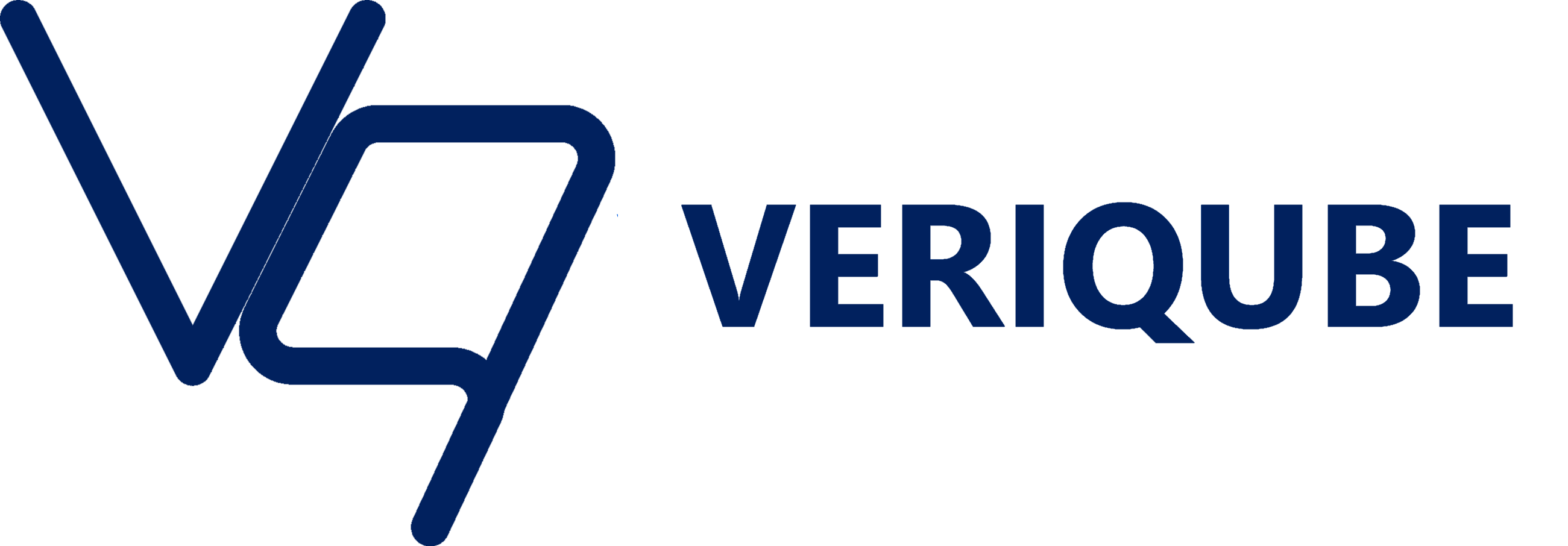
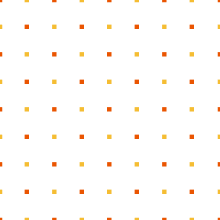

The Engineering Partner in Your Back Pocket.
From bespoke product design to manufacturing automation, Veriqube is the seamless extension of your team when you need it most.
Whether you have established processes or are starting from scratch, we build the bespoke machines that make your wishes a reality. We aren't just consultants; we are your partners in production.
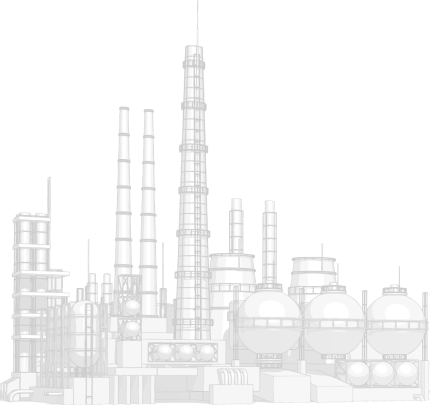
Meet some of our Clients and Collaborators











Your operational pain points are our To-Do list.
Whether you have established processes or are starting from scratch, we build the machines and products that get the job done. We aren't just consultants; we are your partners in business.
Bridging Design and Scale: Your Production Partner
Go beyond Design for Manufacturing (DFM): design and test pilot production equipment early. Implementing this before product sign-off saves critical time and reduces the risk of costly redesigns, automation issues, and production scaling challenges.
Our Pilot Production Process helps connect product design and scalable manufacturing:
Step 0 - Product & Process Alignment
We engage at the earliest stages to fully align your product design with production capabilities and realities.
Step 1 - Conceptual Design & Review
We create a comprehensive production process and machinery concept for your team's review and approval.
Step 2 - Throughput Validation & Costing
We design and model machinery to validate target throughput and production costs. This includes a Bill of Materials (BOM), supply chain analysis, and structured DFM feedback.
Step 3 - Pilot Equipment Build & Test
We build and commission one or more machines to validate the entire process in practice, measuring actual parameters like throughput, yield, and unit cost.
Step 4 - Scaling & Lifecycle Support
We manage the full-scale machinery production, optimize system performance, and provide lifecycle support for sustained manufacturing success.

Process Normalization
Some processes must be performed on uneven or variable objects — teeth, blossoms, shoes, or other items that differ in size, shape, or detail. At first glance, this often suggests the need for manual labor. But with creative engineering, most of these processes can be normalized so that standard machine methods can take over reliably.
Our Process Normalization method:
Step 1 — Understand the Case
We analyze your objects, the sources of variance, and the process that must be performed.
Step 2 — Identify What’s Missing
We determine what transformation is required — standardized packaging, specialized mounting, or another method — to convert different objects into a uniform group.
Step 3 — Design the Normalization Process
We design a process that makes your objects uniform and, if needed, also prepares subsequent stages for automation.
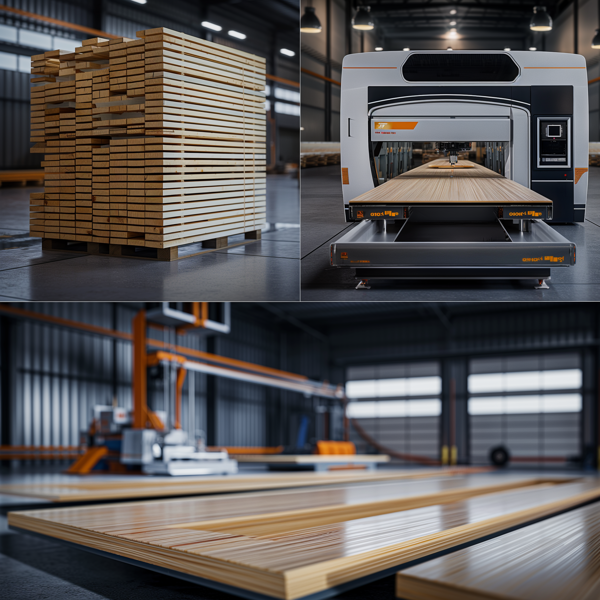
Reshoring
Many companies are looking to bring production closer to home — whether to reduce supply chain risks, shorten lead times, improve quality control, or meet sustainability goals. Reshoring often requires not just moving equipment, but rethinking and rebuilding processes to suit a new environment, workforce, and scale.
Our Reshoring support:
Step 1 — Assess the Current Process
We review your existing manufacturing setup and identify what can be transferred directly and what must be adapted.
Step 2 — Define Local Adaptations
We determine where processes, machinery, or standards must change to match local resources, compliance, and logistics.
Step 3 — Engineer New Solutions
We design or adapt machinery and processes that ensure efficiency, cost-effectiveness, and performance in the reshored facility.
Step 4 — Implement and Support
We help set up, test, and optimize your production line locally, and provide ongoing support for continuous improvement.
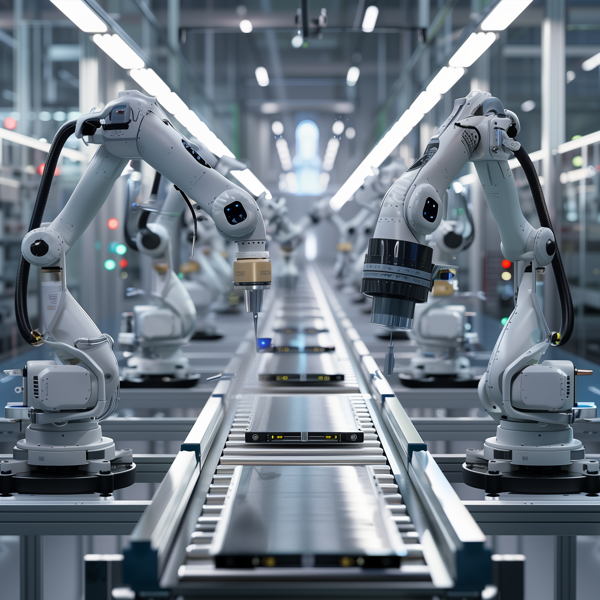
Material Handling
Efficient material handling is the backbone of any automated process. Moving parts, products, or raw materials reliably between stages is what allows production lines to run at scale without interruptions. With the right design, material handling not only reduces labor but also improves throughput, consistency, and safety.
Our Material Handling solutions:
Step 1 — Understand the Flow
We analyze your production layout and identify where and how materials move through the process.
Step 2 — Define Requirements
We map out load sizes, speeds, precision needs, and environmental conditions (cleanroom, factory floor, etc.).
Step 3 — Engineer the System
We design conveyors, feeders, robotic pick-and-place, or custom transfer mechanisms tailored to your case.
Step 4 — Integrate and Optimize
We integrate the handling solution into your production line, optimizing for space, cost, and throughput, while ensuring long-term reliability.
Quality Inspection
Consistent product quality is critical — but manual inspection is slow, subjective, and costly. With the right automation, quality checks can be faster, more reliable, and fully integrated into your production process.
We bring specific expertise in inspection of printing products, LCD screens, and semiconductor devices, where precision, speed, and repeatability are essential. These industries demand extremely tight tolerances — experience we can apply to other sectors as well.
Our Quality Inspection solutions:
Step 1 — Define What Matters
We work with you to identify the critical features, tolerances, or defects that must be inspected.
Step 2 — Choose the Method
We select and combine technologies — from machine vision and lasers to sensors and force measurement — to match your inspection needs.
Step 3 — Engineer the System
We design inspection equipment that integrates seamlessly with your process, capturing data at the right speed and resolution.
Step 4 — Integrate and Close the Loop
We connect inspection results to production feedback, enabling real-time adjustments, better yield, and higher overall reliability.
Production Lines
Whether it’s a single custom machine or a multi-stage production line, we design automation that scales to your needs. Our experience covers everything from compact pilot equipment to medium-sized lines with many integrated processes.
We specialize in distributed control systems managing anywhere from a few axes to dozens — or more — ensuring synchronization, reliability, and high throughput. Thanks to our direct experience and ties with world-class direct drive motor manufacturers, we can optimize systems for both throughput and precision, even in the most demanding applications.
Our Production Line capabilities:
Custom Machines
tailored one-off equipment for specialized manufacturing tasks.
Multi-Stage Lines
medium-scale systems integrating material handling, processing, and inspection.
Distributed Motion Control
precise coordination of tens or dozens of axes with scalable architectures.
Throughput & Precision Optimization
leveraging advanced direct drive motor technologies.
Process Integration
linking different technologies into a cohesive, high-performance system.
